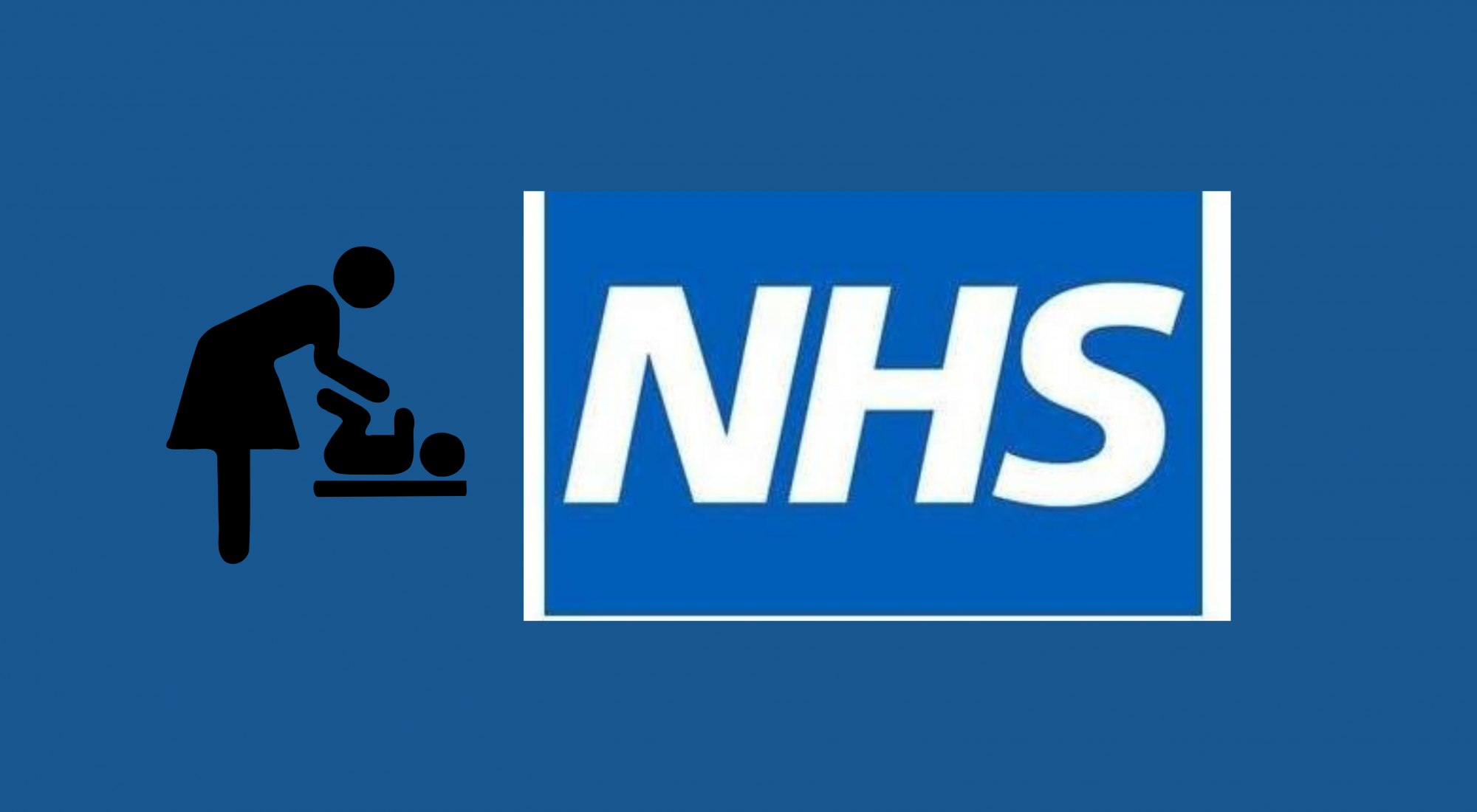
Preventable Pressure Sore cases rise in Maternity Units across the UK - written by Freya Johnson, Paralegal Clinical Negligence
During labour, a woman faces an increased risk of developing a pressure sore.
From 1 April 2000 to 31 March 2018 the NHS Received 96 claims relating to pressure ulcers suffered by women in maternity units. Out of the 96 claimants 87 claimants were awarded compensation and the cost to the NHS was £2,473,244. Pressure ulcers are a serious concern, affecting around 5% of patients in England. Yet an estimated 80%-95% of these can be easily avoided
What is a pressure ulcer/sore and how are they suffered?
Pressure ulcers are a type of injury that breaks down the skin and underlying tissue due to impaired blood supply caused by pressure, friction, shearing and moisture. Now you might be thinking well how does this affect you whilst in labour? Pressure can come from sitting and lying in one position for a long time. Having an epidural can make it harder for you to tell If an area of your body is becoming sore. Moisture can occur when your ‘waters’ break. Lastly, If you require a drip whilst in labour or a urinary catheter these tubes may cause you to struggle to move. The most common sore types for women in maternity units are on the buttocks, sacral area, heels and thigh. The consistencies we see in women suffering pressure sores are in women that received an epidural, prolonged labour, not removing the urinary catheter in an appropriate time, lack of risk assessment and planning, lack of pressure relieving equipment.
What should be done to avoid them?
Pressure ulcers can become painful, infected, smelly, reduce health and quality of life. What should be done to avoid women in labour getting pressure sores include: pressure sore risk assessments, pressure-relieving surfaces, changing wet sheets and pads regularly, skin inspections, regularly change the position of women in labour, incontinence/ moisture management, carrying out regular risk assessments and regular staff training. NICE has provided a clear set of clinical guidelines for prevention and management of pressure sores which should be followed.
We are here to help!
Yet time and time again we see clients experiencing serious pressure ulcers because of mismanaged labours and these injuries are easily avoided. A lot of women suffer long term impact of pressure damage which has affected their lives. This is a serious clinical negligence breach. Its 2022, there should be no reason why clients should still be experiencing pressure sores during labour, especially when they are so easily avoided through the implementation of simple interventions. Clear Law takes these types of cases daily and work hard to achieve the best outcome for all our clients and get the compensation they deserve.
If you have suffered clinical negligence in relation to this please contact us via the below link. We operate on a no win no fee basis, meaning you would not be required to pay anything unless your case is successful.
Contact Us
We are available to talk you through the process through our free initial consultation.
http://clearlawonline.co.uk/medical-negligence



